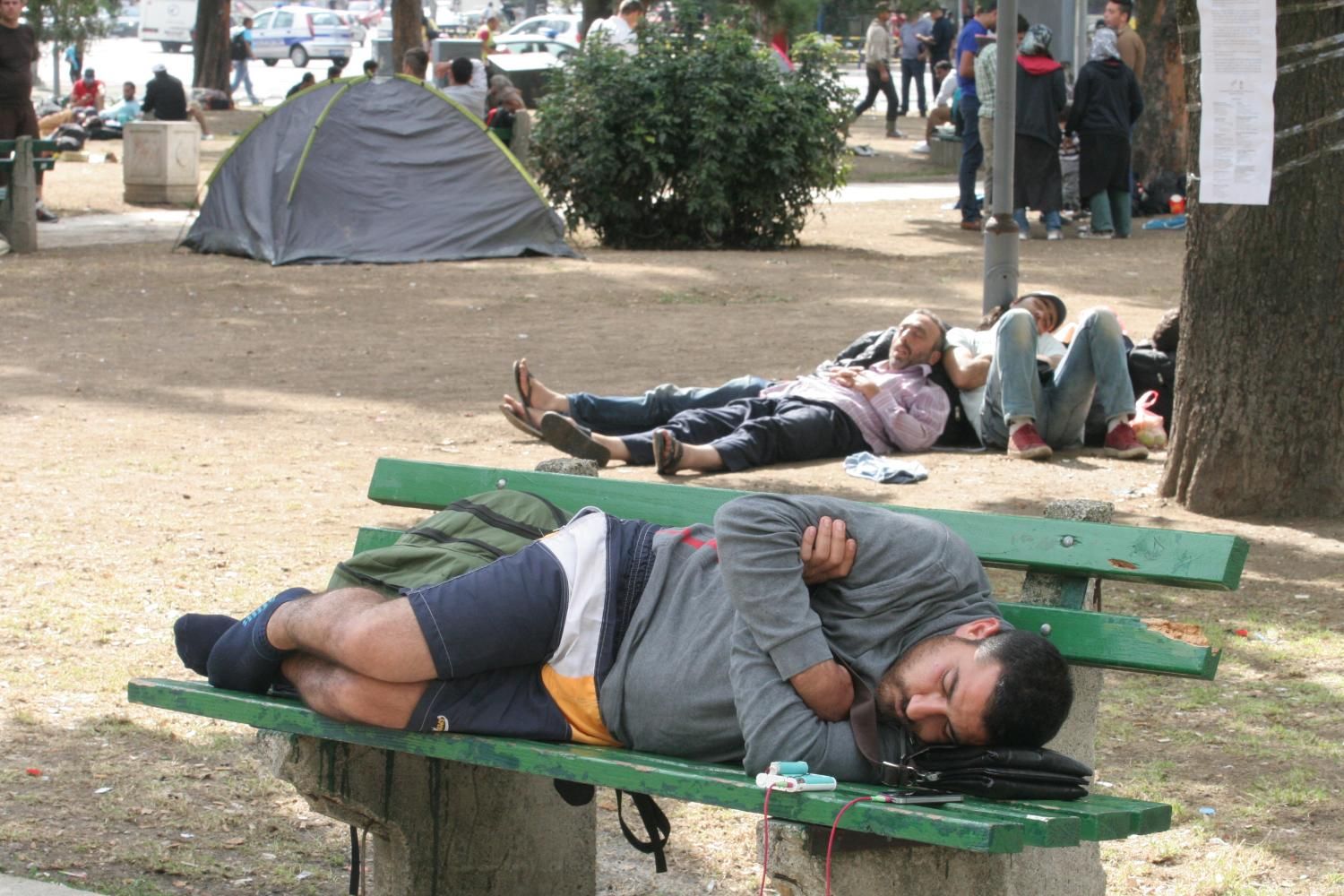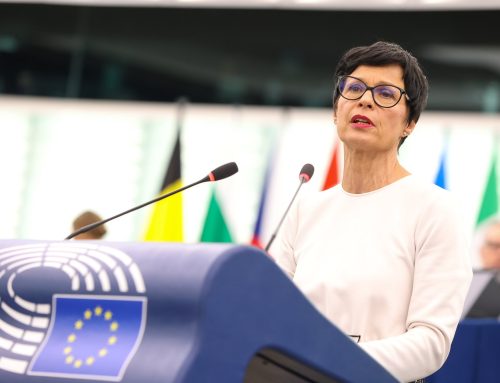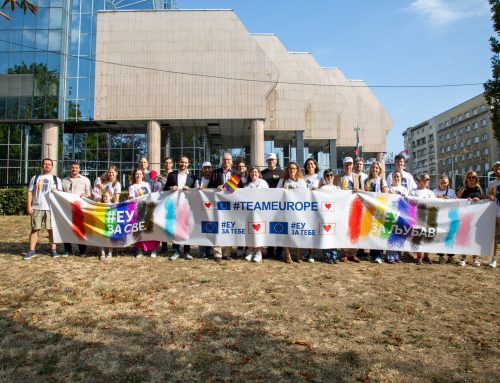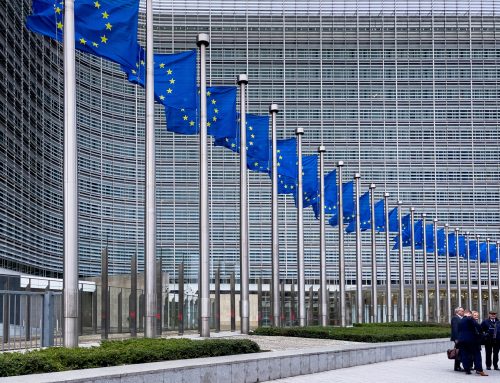Since May 2015, Serbia and other countries in the Western Balkans have been facing an unprecedented refugee crisis. In 2015 and in the first quarter of 2016, more than 920 000 refugees and migrants – primarily from Syria, Afghanistan and Iraq – have passed through Serbia on their way to Hungary and Croatia.
After the closure of the so-called Western Balkans migration route in early 2016, the number of refugees stranded in Serbia stands now at just over 6650. Of that number, 94% are accommodated in 17 government sites.
Since the beginning of the crisis the European Commission has allocated more than €20.1 million in humanitarian aid to assist refugees and migrants in Serbia. Actions continue to focus on providing basic assistance at the refugee aid points including health services, warm clothing, food, water, child-friendly spaces and protection. The assistance has enlarged to the provision of cooked meals in the centres as well as informal education.
Video by Caritas Serbia
The emergency food assistance project implemented by Caritas Serbia is one of these projects funded by the EU’s Humanitarian Aid Operations department. It provides migrants in refugee camps in southern Serbia with three meals/day – breakfasts, lunches and dinners – in order to ensure proper food consumption and fulfilment of their daily food needs.
The food is prepared by a social enterprise Tradicija juga from Vranje, which employs mostly women from socially vulnerable groups: single mothers, victims of violence, women who are over 50 years old, and women who lost jobs in the process of privatization. Thus, the project not only provides nutritious food in line with the refugees’ food culture, but also helps members of the local community.




